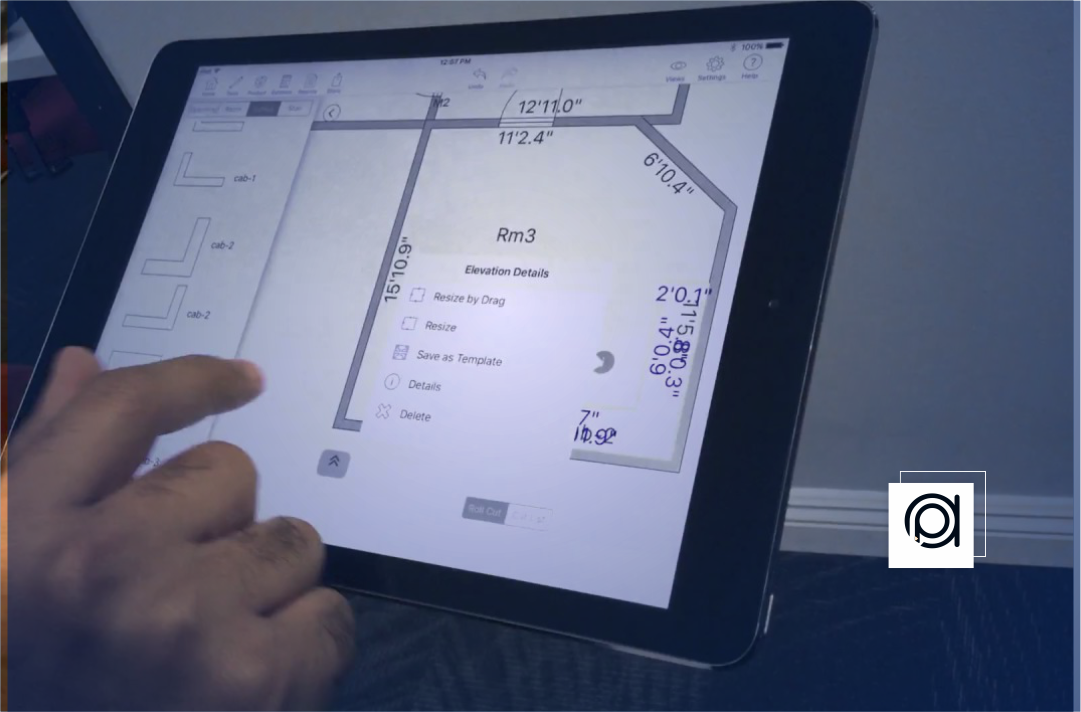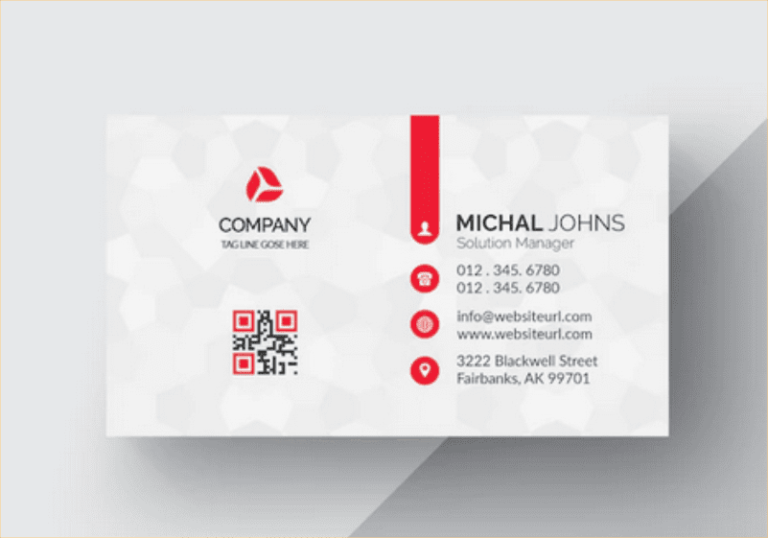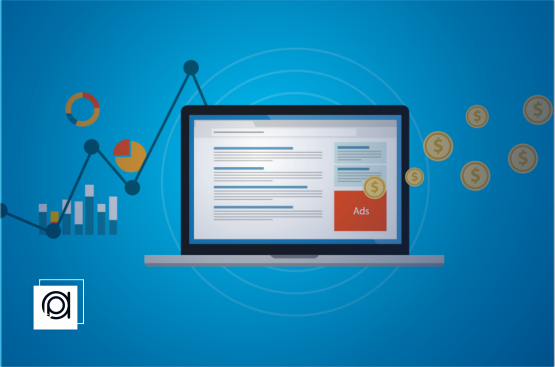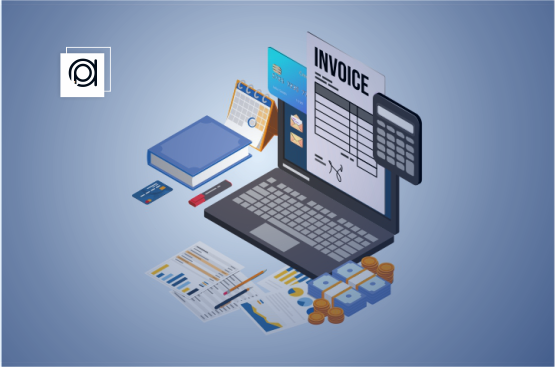The Best Reverse Mortgage Loan
Reverse Mortgages are becoming more popular among seniors looking for financial freedom in retirement. These unusual loans enable homeowners aged 62 and over to turn a part of their home equity into cash without having to sell or make monthly mortgage payments.
However, finding the finest reverse mortgage loan needs careful analysis and smart decision-making. In this post, we’ll look at top advice for seniors to successfully manage the reverse mortgage process, ensuring they get the greatest terms and perks for their financial situation.
What is a Reverse Mortgage Loan?
A Reverse Mortgage Loan is a financial instrument intended exclusively for homeowners aged 62 and over who wish to turn a portion of their home equity into cash without selling or making monthly mortgage payments. In contrast to ordinary mortgages, in which the borrower makes monthly payments to the lender, a reverse mortgage allows the lender to pay the borrower in a lump amount, monthly installments, a line of credit, or a combination of the three.
It’s critical to comprehend reverse mortgages before diving into advice for obtaining the greatest reverse mortgage loan. Homeowners can borrow against the equity in their homes with reverse mortgages; the loan amount is based on the borrower’s age, the value of the house, and interest rates.
Reverse mortgages don’t need monthly repayments as standard mortgages do. Rather, the loan amount builds up over time and is usually paid back when the borrower moves out, sells their house, or passes away. Home Equity Conversion Mortgages (HECMs), Proprietary Reverse Mortgages, and Single-Purpose Reverse Mortgages are the three primary categories of reverse mortgages.

How Reverse Mortgage Loan Works
Reverse mortgages can give seniors with financial freedom by allowing them to use their home equity to pay for bills such as healthcare, home upgrades, or augmenting retirement income. The general operation of a reverse mortgage loan is as follows:
Eligibility
Homeowners must have a substantial amount of equity in their property and be at least 62 years old to be eligible for a reverse mortgage. Various factors, including the age of the borrower, the home’s appraised value, and current interest rates, affect the needed amount of equity.
Loan Types
Although there are other varieties of reverse mortgages, the Federal Housing Administration (FHA)-insured Home Equity Conversion Mortgage (HECM) is the most popular kind. Single-purpose reverse mortgages are provided by some state and local government agencies, non-profit organizations, and commercial lenders who also provide proprietary reverse mortgages.
Loan Disbursement
The borrower has a choice in how they want to get the money after being authorized for a reverse mortgage. Typical options include a line of credit, monthly installments, a lump sum payment, or a mix of these. The home is still owned by the borrower, who is still permitted to occupy it as their primary residence.
Repayment
Reverse mortgages don’t need monthly payments as regular mortgages do. Rather, the loan amount grows over time and usually carries interest. When the borrower sells the house, moves out permanently (for example, to move or attend a long-term care facility), or goes away, the loan must be paid back in full. In the event of the borrower’s death, the heirs may choose to sell the house to cover the remaining loan sum or repay the loan and keep the residence.
Loan Costs
There are a number of fees and expenditures associated with reverse mortgages, including as origination, closing, mortgage insurance premiums (for HECM loans), and service fees. These fees may differ based on the reverse mortgage type and lender.

Securing a Reverse Mortgage Loan
Reverse mortgages provide seniors with financial flexibility by allowing them to access the equity in their homes to pay for medical expenses, home upgrades, or extra retirement income. However, borrowers need to be fully informed about the terms and implications of a reverse mortgage, particularly how it can affect their heirs and their estate planning goals.
Evaluate Your Financial Needs and Goals
Seniors should evaluate their financial status and establish their objectives for the loan profits prior to applying for a reverse mortgage. Among the things to take into account may include funding home improvements, paying off debt, paying for healthcare costs, or boosting retirement income. Through the process of defining their own financial objectives and demands, borrowers may better customize their reverse mortgage to fit their unique situation.
Research Lenders and Loan Options
To discover the perfect match, compare many lenders and loan choices as not all reverse mortgage lenders have the same terms and perks. Find trustworthy lenders with knowledge of reverse mortgages, then evaluate the terms, fees, interest rates, and eligibility requirements of each loan. To choose the reverse mortgage option that best meets your needs, weigh your alternatives between HECM and proprietary mortgages.
Recognize the Costs and Terms of the Loan Examine and comprehend the loan conditions and associated charges in detail before pursuing a reverse mortgage. Important things to think about are:
- Interest Rates: Compare interest rates among lenders and loan products to ensure you secure a competitive rate.
- Fees: Be aware of upfront fees associated with reverse mortgages, such as origination fees, closing costs, mortgage insurance premiums, and servicing fees. Understanding these fees upfront can help avoid surprises later on.
- Loan Limits: HECM loans are subject to federally mandated loan limits, which may vary depending on factors such as the borrower’s age and home value. Ensure your loan amount does not exceed these limits.
- Repayment Terms: Understand when the loan must be repaid and under what circumstances, such as when the borrower moves out of the home or passes away.
Consult with a Reverse Mortgage Counselor
Seniors must attend counseling with a reverse mortgage counselor who has been approved by HUD before submitting an application for a reverse mortgage. These counselors offer objective advice and information to assist homeowners investigate other choices and comprehend the ramifications of a reverse mortgage. Use this counseling opportunity to voice concerns, ask questions, and make sure you are making an educated choice.
Maintain Homeownership Responsibilities
It’s important to keep in mind that even with a reverse mortgage, homeowners are still accountable for some aspects of homeownership, such as property taxes, homeowners insurance, and upkeep of their house. You risk losing your house if you don’t fulfill these responsibilities and going into default on the reverse mortgage.
Consider Potential Impacts on Heirs and Estate Planning
Think about how a reverse mortgage can affect your estate planning objectives and heirs before moving forward. Reverse mortgages require the sale of the borrower’s home or the borrower’s death in order to repay the loan total, which includes all accumulated interest and fees because the home equity is used as security. Talk to your heirs about these consequences and decide if a reverse mortgage is in line with your estate planning goals.
Conclusion
You must carefully assess your financial demands, do in-depth research, and make well-informed decisions in order to obtain the greatest reverse mortgage loan. You may make the most of this financial instrument while protecting your future and the legacy of your house by weighing your alternatives, comprehending the terms and fees of the loan, speaking with a reverse mortgage consultant, and upholding your homeownership duties.
Seniors may obtain the greatest terms and perks for their retirement years by keeping these top suggestions in mind as they successfully navigate the reverse mortgage process. In order to make sure they completely grasp the loan terms and ramifications, homeowners must receive counseling with a reverse mortgage counselor who has been approved by HUD before choosing a reverse mortgage.




































